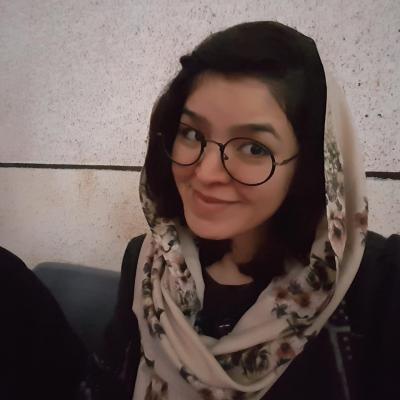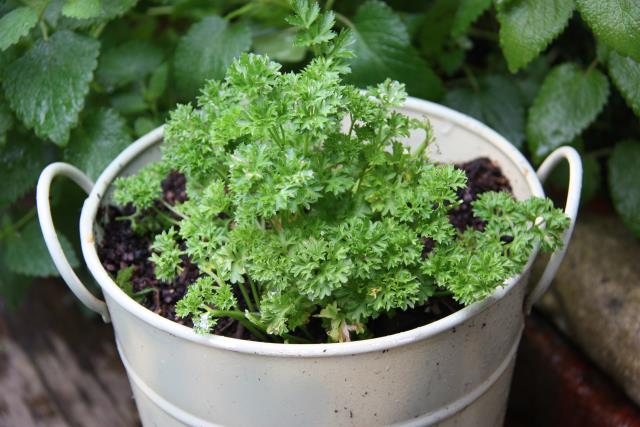How does it feel when your own children wish you to die?
Afghanistan’s collapse not only forced young groups but also elders to evacuate the country as soon as possible.
The threat isn’t only that of living under Taliban regime but the empty neighbourhoods and loneliness.
Among these lonely elders is my grandma, whose children are stuck outside the country’s borders and can’t save her.
At the end of the day, they wish that when her husband, my grandpa, died they could take her with him to the graveyard. It’s better to have a wish for death.
Put your right hand on your heart and ask yourself, who on Earth wishes for their biological mother’s death?
It’s like an act of murder. Murder of the most precious love in the Universe.
Though Afghan Hazaras have many examples of losing loved ones for different reasons historically, today’s hearts are bleeding.
In Melbourne, I drove to a street with a speed limit of 5 km/h and asked myself about the decoration of the street like a green garden with beautiful houses.
Then I realized it belongs to retired men and women. The way Australia serves its elders in aged care surprised me.
None of these elders at retirement villages or aged care wish to die.
When celebrating their birthdays, their children hope for a long and happy life for them.
But Afghan Hazara elders don’t even know their real date of birth nor once in their lifetime do they thank God for their being.
Instead, most of the time, they wish for death when they can’t achieve their basic needs. Putting even aside their lack of literacy and knowledge about themselves and the outside world.
An Australian elder woman, with glorious outlook, saves time by reading newspapers in the train to Melbourne CBD to meet a friend for a cup of coffee.
Or elder couples’ are seen walking hand in hand with the slowest steps getting fresh breath in early morning at their nearby beaches and shores.
Of course, how they feel pride in themselves from living a wonderful life.
But Afghan Hazara elders struggle to survive and pass breath to the next generations.
Yes, their only target was keeping alive their children for the hope of living differently.
They were our ancestors that accepted the most challengeable life in an unwanted birthplace by bribing the cruellest of Afghanistan’s kingdoms/governments to save their properties and assets.
History has dozens of archived records about the survival of Afghan Hazara people in Afghanistan until today.
Even my mom used to tell me about Kochis (a group of Pashtun nomads) who arrived at Hazaristan in central Afghanistan including my birthplace Jaghori.
One of the main tasks of Hazara people was agriculture.
For days and days they were working on farms but unexpectedly, Kochi cows, sheep and goats were misusing these farms by grazing.
Until today, nothing bothers Afghan Hazaras but for their loved ones.
Afghan Hazaras prefer to accept the life threatening challenge of being locked inside a room with no oxygen or losing packets of blood in a hospital bed – but never to accept the loss, pain and suffering of loved ones.
Therefore, my grandpa died from losing his children thousands of miles away.
And this made my grandma the loneliest person on Earth.
Until Kabul’s collapse on August 15, there were her neighbours to look after her.
But now, it looks as if there were no people in the first place in Kabul.
My grandma almost lost her memory but surprisingly can recognize her loved ones.
Now, her children are neither able to save her nor tolerate her situation.
Please help us to save the loneliest mother.
* Sakina Amani is a Hazara journalist based in Melbourne







